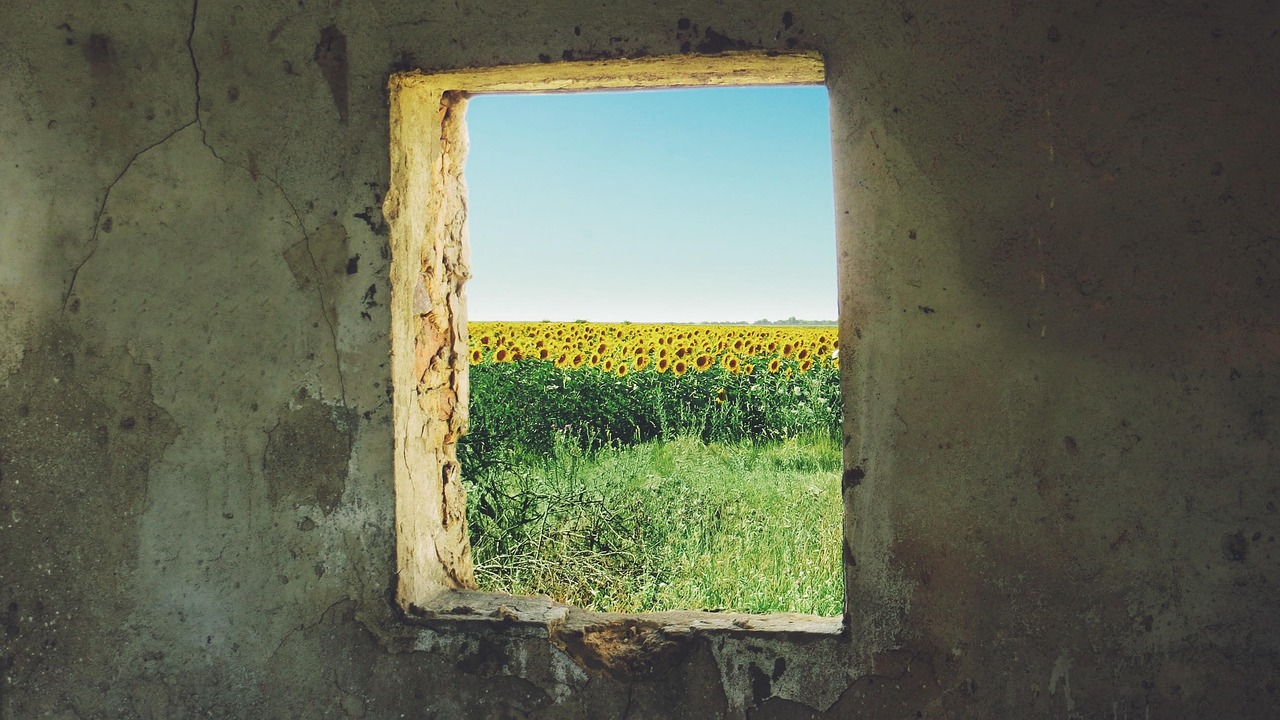And God saw that it was good. I think everybody has a sense of what “God saw”, because we all live moments where the beauty of a landscape, a flower garden, a storm, breaks through to us. In fact, is beauty the right word; it’s not wrong, but the feeling here is of something more than beauty.
But for me, there’s another layer. If you step back from immediate experience, you can see that human beings have always sought, and attained at least at moments, some living connection with the cosmos. But the striking thing is that this connection is constantly changing from epoch to epoch: from the religions of the first tribal societies, of which we have some sense when we look at indigenous spiritualities in our own country today, right up to the awe that wilderness inspires in us in our epoch, through all the forms which have come and gone in-between (like the early modern notions of cosmic orders, the Great Chain of Being, the Kabbalah), we find this hunger for a link with the cosmos, or Nature, or the planet (the words change, the hunger remains).
In the last two centuries, there has been a growing awareness of loss, of disconnection. The rise of modern natural science, recognizing only efficient causality, and ratified by the control it enables over nature (what Scheler calls “Leistungswissen” – science which gets things done) has undermined the traditional vision. I’ve talked in terms of philosophical shifts, but these simply give us insight into the background of our shift in consciousness. This consists in a very real loss of awareness of the greatness and beauty of the natural order among moderns in general, occasionally broken through by sunsets and vistas of wilderness, but mostly sealing us off from the cosmos.
(Lumber companies, looking at primaeval forests in B.C. and Alaska, and only see $$$$$.)
Since the Romantic period, one of the channels of reconnection has been through art, in the broadest sense, which includes visual art (Kaspar David Friedrich), but also poetry and music. I have been thinking particularly of poetry; fpr instance the invocation by Wordsworth of a cosmic force: A motion and a spirit, that impels / All thinking things, all objects of thought, / And rolls through all things”.
We can follow this thread through other poets of that century: Hölderlin, Hopkins, Rilke.
And then, as we move into the 20th Century, contact sought is no longer to continuing orders, but to higher times: Proust, Eliot’s Burnt Norton, and indeed, all four quartets …
Curious to know more?
Learn more about WCCM 2024 series Beholding Divine Beauty – And God Saw That It Was Very Good and about the contemplatively-minded speakers involved here.
We want to hear from you!
How can you send us your response?




